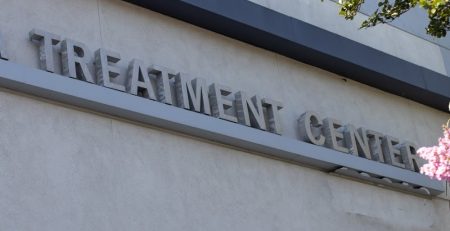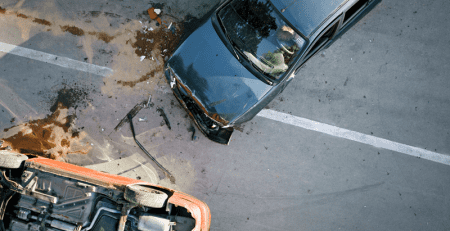Why You Should Never Post About Your Accident on Social Media
Social media has become part of everyday life, with platforms like Facebook, Instagram, and X offering quick ways to update friends and family. But after a car crash, what you share online can do more harm than good. Insurance companies and opposing attorneys often review online activity to find ways to challenge injury claims.
That’s why understanding the connection between social media and your accident claim is essential if you want to protect your legal claim. Schedule your free consultation with a Tampa car accident lawyer from Fulgencio Law today.
Social Media Can Be Used Against You
After a crash on I-275 near the Howard Frankland Bridge or along Dale Mabry Highway, many people feel the urge to share photos or updates about what happened. However, even an innocent Facebook post can backfire in a personal injury case.
Insurance adjusters are skilled at twisting words or images out of context. A picture of you smiling at Curtis Hixon Waterfront Park or attending a family barbecue on Bayshore Boulevard could be presented as evidence that your injuries aren’t as severe as you claim. Even “check-ins” at restaurants or gyms can be used to argue that you’ve resumed normal activities too quickly.
Common Mistakes People Make Online
Many accident victims don’t realize how damaging social media can be until it’s too late. Some of the most common mistakes include:
- Posting accident photos: Sharing images of your car damage near Kennedy Boulevard or Hillsborough Avenue may seem harmless, but they could give insurers material to dispute fault or downplay the severity of the crash.
- Talking about your injuries: Status updates about how you feel can later conflict with medical reports. Saying you’re “fine” when you’re actually in pain could weaken your case.
- Engaging in casual posts: Even lighthearted content, such as attending a Lightning game at Amalie Arena or walking along the Tampa Riverwalk, might be used to argue that your injuries aren’t limiting.
How Social Media Impacts Your Legal Claim
In the digital age, defense attorneys frequently request access to accident victims’ social media accounts. Courts often allow this information to be admitted as evidence. What seems like private content may not stay private, especially if your account isn’t locked down.
For example, if you suffered a herniated disc after being rear-ended on the Selmon Expressway, but later posted about attending a concert at the MidFlorida Credit Union Amphitheatre, the defense might argue that your injuries aren’t interfering with your life. This can undermine your credibility and reduce the value of your claim.
Steps to Protect Yourself After a Crash
To protect your legal claim, it’s best to limit your online activity until your case is resolved. Here are some practical tips:
- Pause posting: Avoid sharing updates, photos, or comments related to your accident or daily activities.
- Tighten privacy settings: While not foolproof, restricting who can view your content can reduce access by insurance companies.
- Ask friends and family for discretion: Remind loved ones not to tag you in posts or share photos of you during recovery.
These simple steps can make a big difference in how your case unfolds.
Get Help From a Tampa Car Accident Lawyer from Fulgencio Law
Navigating the aftermath of a crash in Tampa, whether on I-4 near Ybor City or on Gandy Boulevard, requires more than just medical care and vehicle repairs. Protecting your legal rights means being cautious both offline and online. An experienced Tampa car accident lawyer understands how insurers use social media and your accident claim against victims and can provide guidance tailored to your situation.
If you’ve been injured in a crash, don’t let a careless post jeopardize your case. Our proficient attorneys at Fulgencio Law are here to help you fight for the compensation you deserve. Call (813) 463-0123 today to speak with a trusted lawyer who can help you protect your legal claim and guide you through every step of the recovery process.









